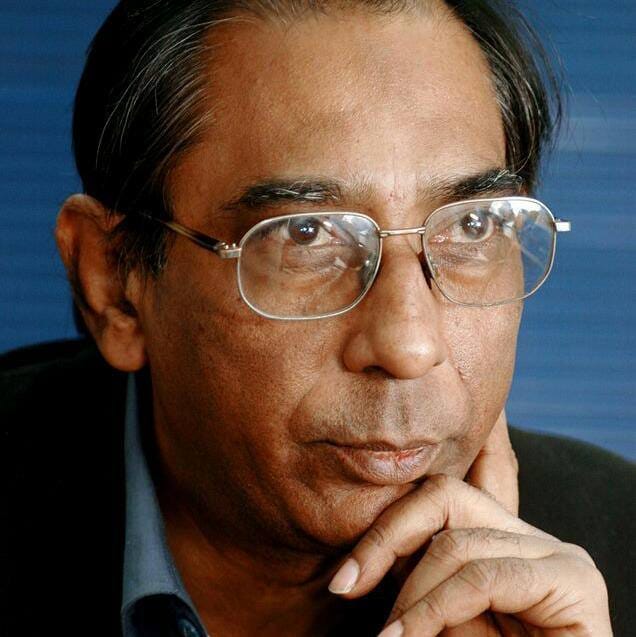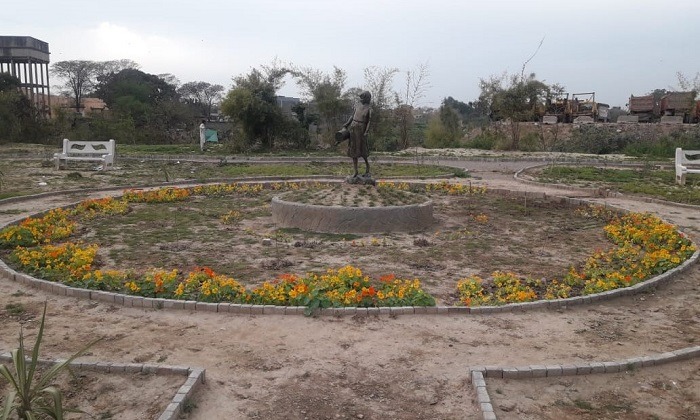[wp_ad_camp_1]
PM’s action generates hope to see acquittals of other Pakistani prisoners facing detention in other countries’ prisons
By Zaib Azkaar Hussain
Karachi
It is good to take steps for the rescue of Pakistani prisoners facing detention in different foreign countries, by Prime Minister of Pakistan Imran Khan but it needs to make them more effective and useful.
This was for the first time that the prime minister of the country ordered to arrange a special flight in order to bring back 320 Pakistani prisoners stuck in Malaysia. Special Assistant to the prime minister on Overseas Pakistanis and Human Resource Development Sayed Zulfikar Abbas Bukhari has done a very smart job by persuading the prime minister to rescue the stuck Pakistani prisoners timely. Thesee Pakistanis were imprisoned in Malaysia. Despite of completion of their sentences, they were unable to come Pakistan because of the direct flights between the two countries.
The premier directed the Baitul Mal and Foreign Office to release Rs40 million and Rs10 million, respectively, for the purpose, according to the Special Assistant to the Prime Minister on Overseas Pakistanis and Human Resource Development Sayed Zulfikar Abbas Bukhari known as Zulfi Bukhari).
According to Community Welfare Attache Altamash Janjua these 320 prisoners had to face detention for minor offences and their rescue and arrival (on May 29) in Pakistan would enable them to celebrate Eidul Fitr with their families.
This was also for the first time that on his visit to Pakistan in February this year, Prime Minister Imran Khan had informed Saudi Arabia’s Crown Prince Mohammed bin Salman that there were 3,000 Pakistani prisoners in Saudi Arabia. The Crown Prince was told “We would just like you to bear in mind that they are poor people who have left their families behind.” The Crown Prince had showed a very good gesture by observing “We cannot say no to Pakistan … whatever we can do, we will deliver that.”
In a later development, the repatriation process of Pakistani prisoners had taken place as a large number of detained prisoners were freed and sent to Pakistan.
However, the other the authorities concerned used to act upon the decisions of hanging convicts as a result several Pakistani nationals were. A couple, husband Muhammad Mustafa and wife Fatima Ijaz were hanged in April this year.
It was stated that Muhammad Mustafa and Fatima Ijaz were “arrested when they smuggled a quantity of heroin.
The case was referred to the court where an investigation led to the indictment of the accused, said the Saudi ministry concerned said. It added that the punishment was also supported by the court of appeals as well as the supreme court and a royal order to implement the death sentences was issued, it concluded.
A human right organisation Justice Project Pakistan (JPP) condemned the development, especially the “unprecedented execution of first Pakistani woman in five years”.
The human rights organisation said it was “outraged” at the executions, which it noted came “despite the fact that the two nations are currently negotiating a prisoner transfer agreement”.
The JPP press release said that the capital punishments included a third Pakistan named Abdul Maalik, who was not mentioned in the Saudi ministry’s announcement.
“These executions are particularly worrying in the face of the announcement by the Saudi Crown Prince Mohammad bin Salman in February this year to release 2,107 Pakistanis imprisoned in the Kingdom,” The JPP noted, adding that “the promise has yet to be fulfilled as only 250 Pakistani prisoners have returned so far.” It said that “Saudi Arabia has executed more than 100 Pakistanis in the past five years,” it said. “Despite being a close regional ally, the Kingdom executes more Pakistanis than any other foreign nationality, with 20 executions in 2014, 22 in 2015, seven in 2016, 17 in 2017, 30 in 2018 and 14 this year so far. More Pakistanis are imprisoned in Saudi Arabia than any other country in the world, with the total exceeding 3,300 Pakistanis.”
The JPP Executive Director Sarah Belal had urged the government to “utilise all diplomatic channels to compel the Saudi government to halt the executions of Pakistanis facing the harshest punishment”.
The NGO that had mentioned that the prisoners were left isolated by the respective governments, later buat later clarified that it aimed at criticising the previous governments, adding “JPP is engaging with the current government on these issues and expects a positive outcome in the near future.”
It means the government headed by Imran Khan desires to do a lot for detained prisoners and certainly it would be a great achievement if the cases of other prisoners facing capital punishments were taken up for a lenient legal view.
Ends


